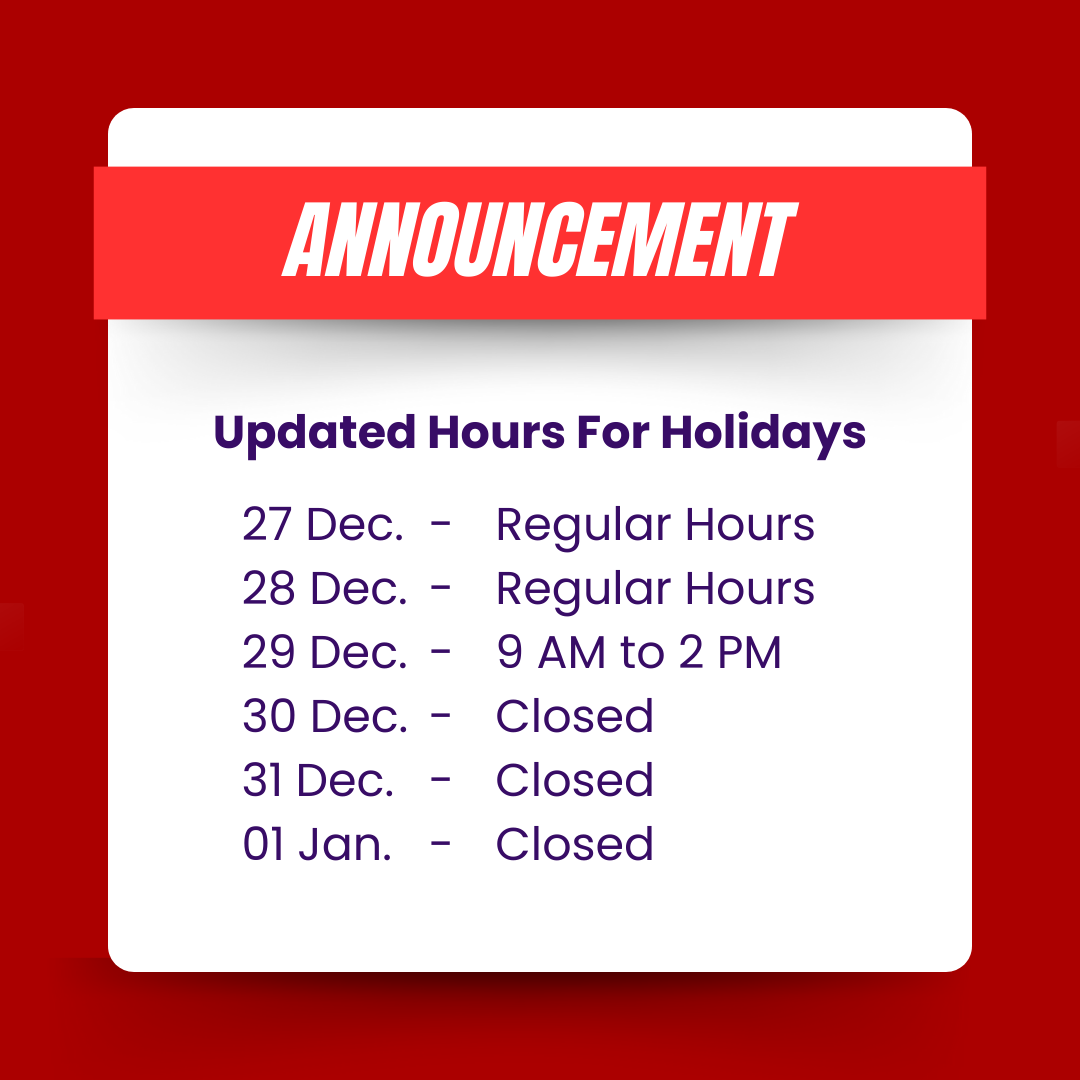Commercial fleet insurance is a specialized type of insurance coverage designed for businesses that own or operate multiple vehicles. Whether it’s a fleet of cars, trucks, vans, or other commercial vehicles, this insurance provides comprehensive protection, ensuring the smooth operation of the fleet. Understanding the ins and outs of commercial fleet insurance, its coverage options, and the benefits it offers is crucial for businesses seeking to safeguard their vehicles and mitigate financial risks. In this comprehensive guide, we will explore commercial fleet insurance in detail, highlighting its significance, coverage options, and the advantages it provides to businesses.
What is Commercial Fleet Insurance?
Commercial fleet insurance is a type of insurance coverage that provides protection for businesses with multiple vehicles. It covers a range of vehicles used for business purposes, including cars, vans, trucks, and specialized vehicles. Rather than insuring each vehicle individually, commercial fleet insurance consolidates coverage into a single policy, simplifying administration and providing cost savings.
Coverage Options in Commercial Fleet Insurance
Commercial fleet insurance offers a variety of coverage options to meet the unique needs of businesses. These options may include:
1. Liability Coverage: This coverage protects businesses against third-party bodily injury or property damage claims arising from accidents involving fleet vehicles.
2. Physical Damage Coverage: Physical damage coverage safeguards fleet vehicles against damage resulting from collisions, theft, vandalism, or other covered perils.
3. Comprehensive Coverage: Comprehensive coverage provides protection for fleet vehicles against non-collision-related incidents, such as fire, theft, natural disasters, or falling objects.
4. Uninsured/Underinsured Motorist Coverage: This coverage ensures that fleet vehicles and drivers are protected in the event of an accident involving an uninsured or underinsured driver.
5. Medical Payments Coverage: Medical payments coverage covers medical expenses for injuries sustained by the driver and passengers of fleet vehicles in an accident, regardless of fault.
Benefits of Commercial Fleet Insurance
Commercial automobile insurance offers several benefits to businesses with multiple vehicles:
1. Cost Savings: By consolidating coverage into a single policy, businesses can often secure cost savings compared to insuring each vehicle separately. Premiums can be based on the overall fleet size, driving records, and other factors.
2. Simplified Management: Managing individual insurance policies for each vehicle can be time-consuming and complex. Commercial automobile insurance simplifies administration by providing a single policy and streamlined processes for claims, renewals, and policy updates.
3. Comprehensive Protection: Commercial fleet insurance offers comprehensive coverage, ensuring that all fleet vehicles are protected against a wide range of risks, including accidents, theft, and other perils.
4. Flexibility and Customization: Commercial fleet insurance can be tailored to the specific needs of a business, allowing for customized coverage options, limits, and deductibles. This ensures that the insurance policy aligns with the unique requirements of the fleet and the business.
5. Enhanced Risk Management: With commercial fleet insurance, businesses can implement effective risk management strategies. This includes driver training programs, safety protocols, and regular vehicle maintenance to reduce the risk of accidents and minimize potential losses.
Choosing Commercial Fleet Insurance
When selecting commercial automobile insurance, it’s crucial to consider the specific needs of your business. Here are some key factors to consider:
1. Fleet Size: Determine the number of vehicles in your fleet and ensure that the insurance policy can accommodate your entire fleet.
2. Vehicle Types: Consider the types of vehicles in your fleet, including cars, vans, trucks, or specialized vehicles. Ensure that the policy covers all the vehicles you own or operate.
3. Coverage Limits: Evaluate the coverage limits and deductibles offered by different insurance providers to ensure they meet your business’s needs and risk tolerance.
4. Claims Process: Research the claims process of insurance providers and choose one with a reputation for efficient claims handling and excellent customer service.
5. Insurance Provider: Select a reputable insurance provider with experience in commercial fleet insurance. Consider their financial stability, industry expertise, and customer reviews.
Conclusion
Commercial fleet insurance is a vital component of risk management for businesses with multiple vehicles. It offers comprehensive coverage, cost savings, simplified management, and enhanced risk mitigation. By consolidating coverage into a single policy, businesses can protect their fleet vehicles and ensure the smooth operation of their operations. When choosing commercial automobile insurance, carefully consider your fleet size, vehicle types, coverage options, and the reputation of the insurance provider. By selecting the right commercial automobile insurance policy, you can safeguard your fleet, minimize financial risks, and focus on running your business efficiently.







